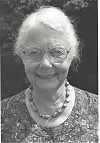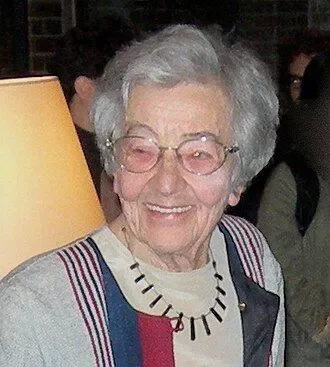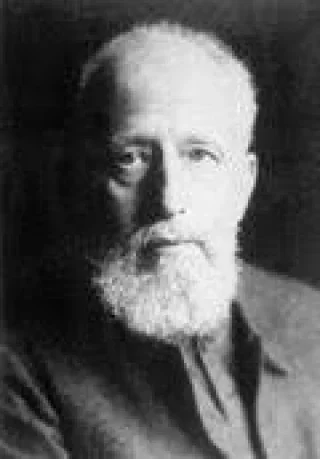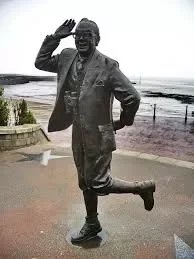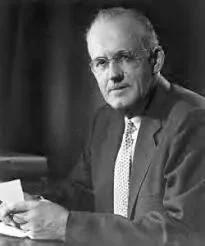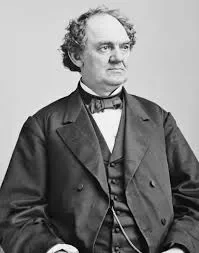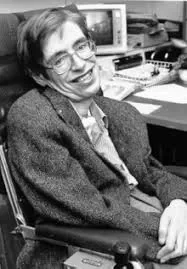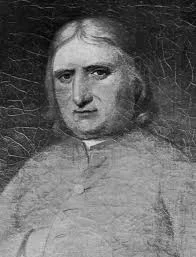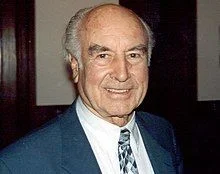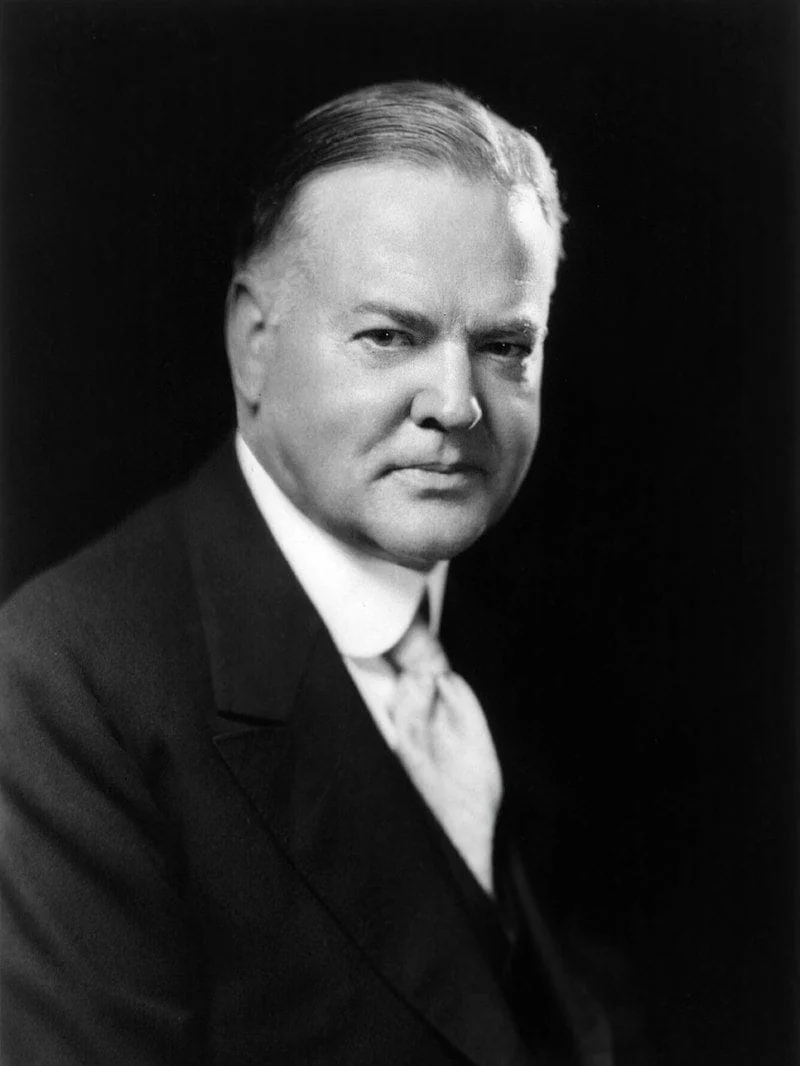Real Celebrities Never Die!
OR
Search For Past Celebrities Whose Birthday You Share
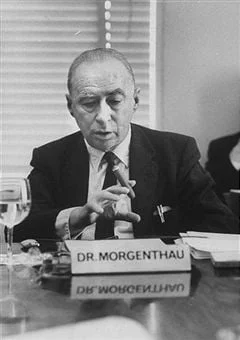
source:wikipedia.org
Hans Joachim Morgenthau
Birthday:
17 Feb, 1904
Date of Death:
19 Jul, 1980
Cause of death:
Perforated ulcer
Nationality:
German, American
Famous As:
Author
Age at the time of death:
76
Hans Morgenthau's Quote's
Early Academic Career and Influences
Hans Morgenthau was a prominent political theorist and international relations scholar who was born in Germany in 1904. He is considered one of the founders of the field of international relations. His ideas have had a significant impact on the study of politics and foreign policy.
Morgenthau began his academic career in the 1920s, studying under prominent philosophers and social scientists such as Max Weber and Carl Schmitt. During this period, he became interested in the study of international relations and wrote several books and articles on the subject.
Move to the United States and “Politics Among Nations”
In the 1940s, Morgenthau escaped Nazi Germany and moved to the United States. He took up a position as a professor of political science at the University of Chicago and continued his work on international relations. In 1948, he published his most famous work, “Politics Among Nations: The Struggle for Power and Peace,” which became a classic in international relations theory, arguing that power struggles drive international politics and military force is essential for safeguarding state interests.
Criticism of Cold War Policies and Nuclear Weapons
In the 1950s, Morgenthau remained influential in international relations, openly criticizing US Cold War policies and cautioning against the catastrophic consequences of nuclear weapons. He developed a theory of international law that emphasized power and national interest in shaping international norms.
Debates on Vietnam War and Power Balance Theory
In the 1960s, Morgenthau engaged in public debates on US foreign policy, particularly regarding the Vietnam War. He believed the war was a strategic mistake and urged a more cautious foreign policy. He also developed a theory of power balance that emphasized competition among great powers for international stability.
Later Career and Decline of Influence
In the 1970s, Hans Morgenthau’s influence declined as new theoretical approaches in international relations emerged. Despite this, he remained a highly regarded scholar and continued to be referenced and studied by researchers around the world.
Legacy of Realism in International Relations
Morgenthau was known for his commitment to realism in international relations, emphasizing power and force. He viewed international politics as a realm of competition and conflict where states must use military force to protect their interests. His realist approach remains influential, though it has been criticized for being pessimistic and cynical.
Final Years and Death
In his later years, Morgenthau continued to teach and write about international relations. He taught at the City College of New York and the New School for Social Research after leaving the University of Chicago. Morgenthau died on July 19, 1980, at the age of 76 in New York City after being admitted to Lenox Hill Hospital with a perforated ulcer.
Conclusion: Lasting Legacy
Morgenthau left behind a lasting legacy in the field of international relations. He is remembered as one of the founders of the realist school of thought in international politics. His book “Politics Among Nations” was widely used in universities for many years, and his work remains essential for understanding world politics and the challenges of maintaining peace between nations.
Name:
Hans Morgenthau
Popular Name:
Hans Joachim Morgenthau
Gender:
Male
Cause of Death:
Perforated ulcer
Spouse:
Place of Birth:
Coburg, Germany
Place of Death:
New York, New York, U.S
Occupation / Profession:
Personality Type
Logistician: Practical and fact-minded individuals, whose reliability cannot be doubted. His theories were solely driven by practicality, making him a highly practical individual.
He was admitted to the bar in 1927 and served as acting president of the Labour Law Court in Frankfurt.
In 1948 Morgenthau published Politics Among Nations, which later known as the classical realist approach to international politics.
Hans Morgenthau is considered one of the “founding fathers” of the realist school in the 20th century.

